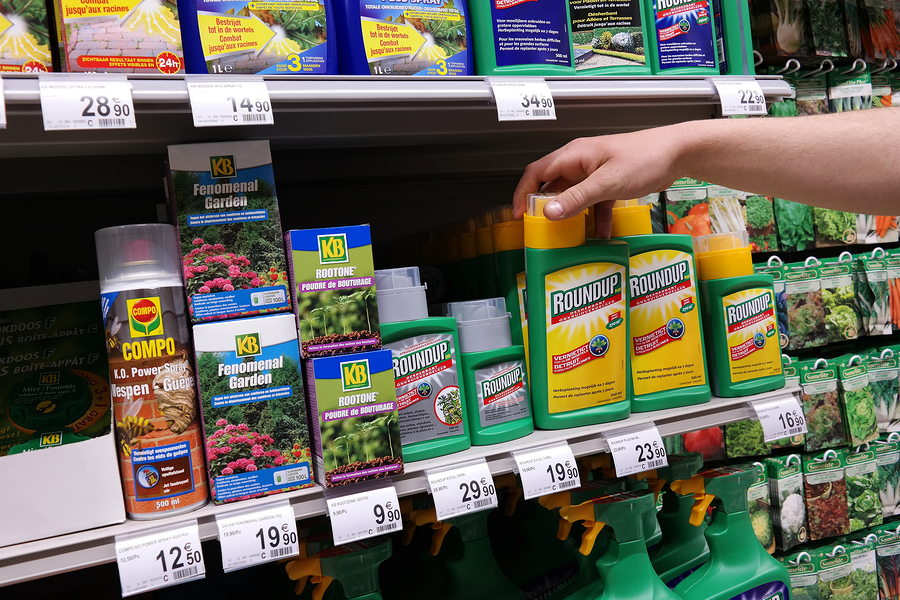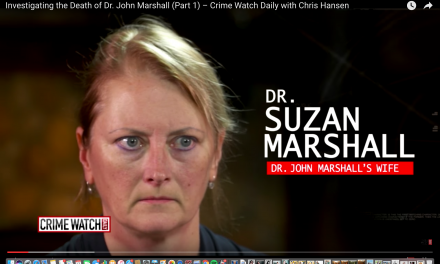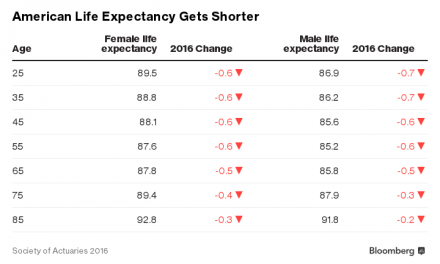(Editor’s Note: Thank you for all the hard work that Organic Consumers Association does. Please read on.)
Thanks to Robert F. Kennedy, Jr. for providing a recap of the second day in court in the Dewayne Johnson vs. Monsanto Co. trial. Proceedings began in San Francisco Superior Court on Monday, July 9. The plaintiff, Dewayne Johnson, a 46-year-old former school groundskeeper who was diagnosed with non-Hodgkin lymphoma four years ago, claims Monsanto hid evidence that the active ingredient in its Roundup herbicide, glyphosate, caused his cancer. This is the first case to go to trial among hundreds of lawsuits alleging Roundup caused non-Hodgkin lymphoma. The trial is expected to last about a month.
My co-counsel, Brent Wisner from Baum Hedlund, opened the testimony stage Tuesday morning with video deposition of Dr. Mark Martens, Monsanto’s former toxicology director. Under questioning by Aimee Wagstaff, Martens chronicled Monsanto’s herculean schemes to discredit a series of key animal studies published through the 1990s.
RELATED STORY:
Those studies linked Monsanto’s herbicide to genotoxicity, a potential precursor to cancer. Contemporary emails between Martens and Dr. Donna Farmer, product protection lead, discuss the need to “combat” the damning studies. The emails show Monsanto hired Dr. James Parry, an esteemed independent genotoxicologist, to evaluate the 90s animal studies. Unhappy with his conclusions that also suggested that Roundup might cause cancer, the two Monsanto scientists schemed to persuade Dr. Parry to alter his conclusions.
The email said:
“It would take quite some time and money/studies to get him there. We simply aren’t going to do the studies Parry suggests… We should seriously start looking for one or more other individuals. We have not made much progress [in ginning up studies to prove RoundUp non-genotoxic] and are currently very vulnerable in this area.”
In the end, Monsanto considered converting Parry too costly.
RELATED STORY:
Subsequent emails revealed during the afternoon video testimony of Monsanto’s Dr. William Heydens show that Monsanto ultimately rejected the strategy of bribing legitimate scientists (“We could be pushing $250K or maybe even more”) and concluded that:
“a less expensive/more palatable approach might be to involve experts only for the areas of contention, epidemiology and possibly MOA [Mechanism of Action] (depending on what comes out of the IARC meeting), and we ghost-write the Exposure Tox & Genotox sections. An option would be to add [apparently independent tame Monsanto scientists] Greim and Kier or Kirkland to have their names on the publication, but we would be keeping the cost down by us doing the writing and they would just edit and sign their names so to speak. Recall that is how we handled Williams Kroes & Monroe.”
The Williams Kroes & Monroe paper, apparently ghostwritten by Monsanto per this email, has been a frequently cited analysis in the field of glyphosate and Roundup’s relationship with non-Hodgkin lymphoma, the condition suffered by the thousands of Roundup users in this litigation.
RELATED STORY:
Robert F. Kennedy Jr. is a longtime environmental advocate and author of American Values: Lessons I Learned From My Family. He is an attorney of counsel to Baum Hedlund Aristei & Goldman, representing nearly 800 people across the nation who allege Roundup exposure caused their non-Hodgkin lymphoma. Follow him on Twitter: @RobertKennedyJr. Like him on Facebook.
*Article originally appeared at Organic Consumers Association.












